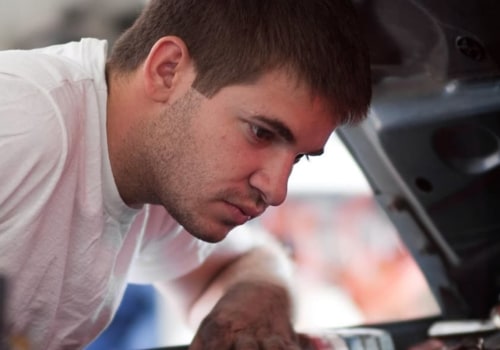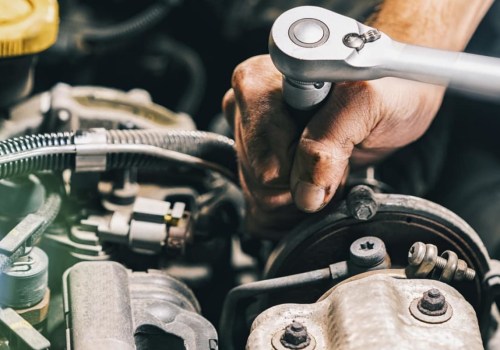Not only is car maintenance the most important way to extend the life of a car, but it can also save a lot of money on car repair. Regular maintenance is essential for keeping your vehicle running smoothly and safely. It includes changing oil, turning tires, checking fluids, and more. Timing and serpentine belts should be replaced approximately every 60,000 miles.
The owner's manual will provide manufacturers with instructions for each component of the vehicle, taking the guesswork out of the equation. Every month, or every few refuels of gas and especially before any long road trip, it's a good idea to get under the hood of your car and inspect the oil and coolant levels while the engine is cold. Low levels of either can cause engine problems if left unchecked. Consult the owner's manual to find both in your specific vehicle.
The engine air filter is what regulates the air that flows into the engine and helps keep debris and particles out. By ensuring that the air filter flows properly, you can improve fuel efficiency, reduce emissions, and help ensure engine life. This can be easily done at home, so refer to your owner's manual for instructions and how often you should change it. For most vehicles, regular maintenance starts at 5,000 miles and continues from there every 5,000 to 10,000 miles.
Of course, checking your car more regularly is even better. As always, consult your vehicle's owner's manual to make sure you're on the right track to successful vehicle maintenance. In truth, it's not that bad if you maintain a car maintenance program and learn what to look for. Now that you know vehicle maintenance 101, you're on your way to ensuring your car continues to safely navigate the road for miles. During these automotive revisions, your car will receive new diagnostics, safety checks, filters, belts and hoses, and a variety of other maintenance needed to prevent breakdowns.
Follow your scheduled automatic maintenance schedule to make sure your car gets all the services it needs so you don't end up stranded on the side of the road waiting for a tow truck. But do you need to pay a mechanic to service the vehicle? You can take care of a large part of the basic maintenance of the vehicle by following some simple tips. After a car has passed a hundred thousand miles, it's essential to routinely prepare it for any possible hiccups. Sticking to a car maintenance program and keeping a good record of what you've done can help extend the life of your vehicle and protect it from breakdowns, costly repairs, and other unwanted surprises. Keep a simple record of your regular maintenance that includes what you have done, where the car was repaired and when. And of course, it's important to remember that car maintenance costs, while not always cheap, can help you avoid costly repairs in the future. Any repairs done after the car is damaged due to lack of maintenance will be much more expensive than ensuring that it continues to operate at peak performance.
From time to time, you may notice that your car is not working as it should but it is among the scheduled maintenance services. In conclusion, regular car maintenance is one of the basic components of a long-life vehicle and this starts with routine car maintenance. By following these tips and consulting your owner's manual regularly you can ensure that your car remains in good working order for years to come.






